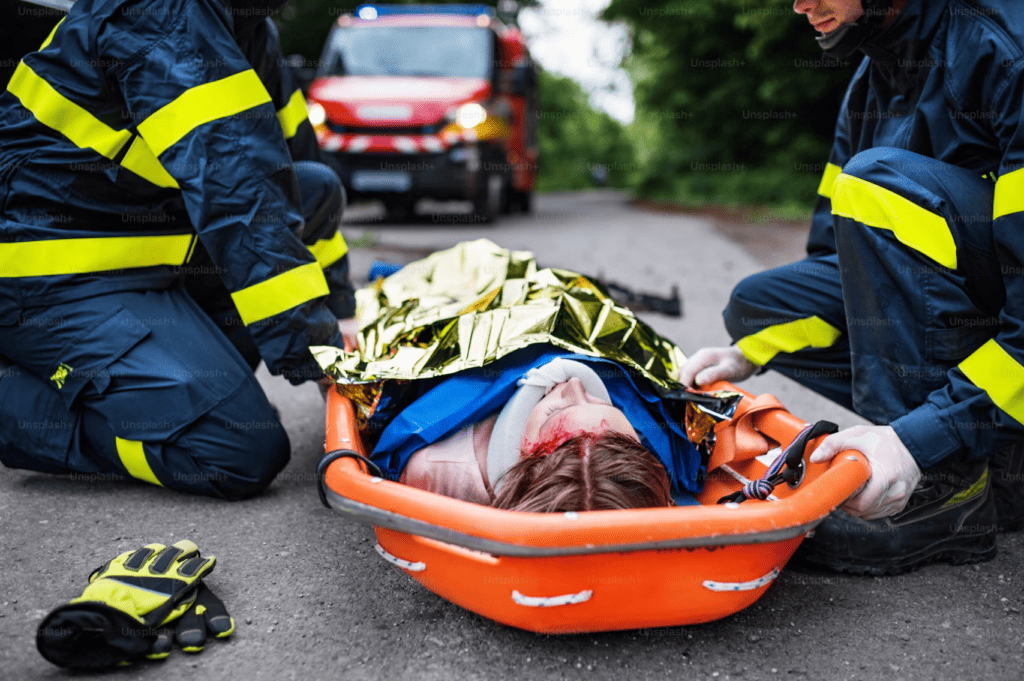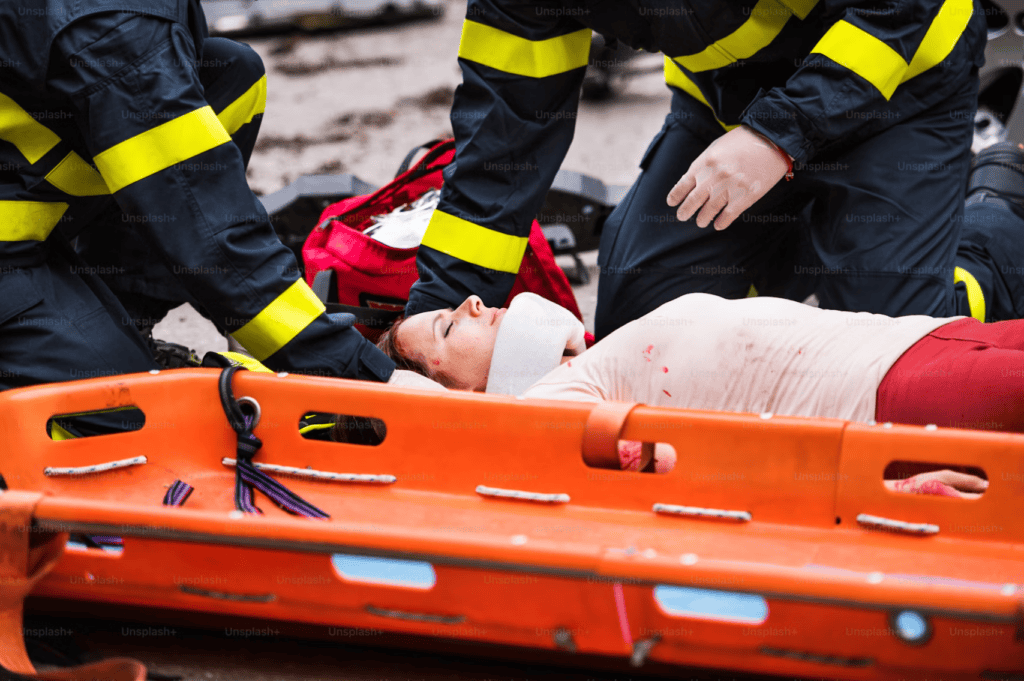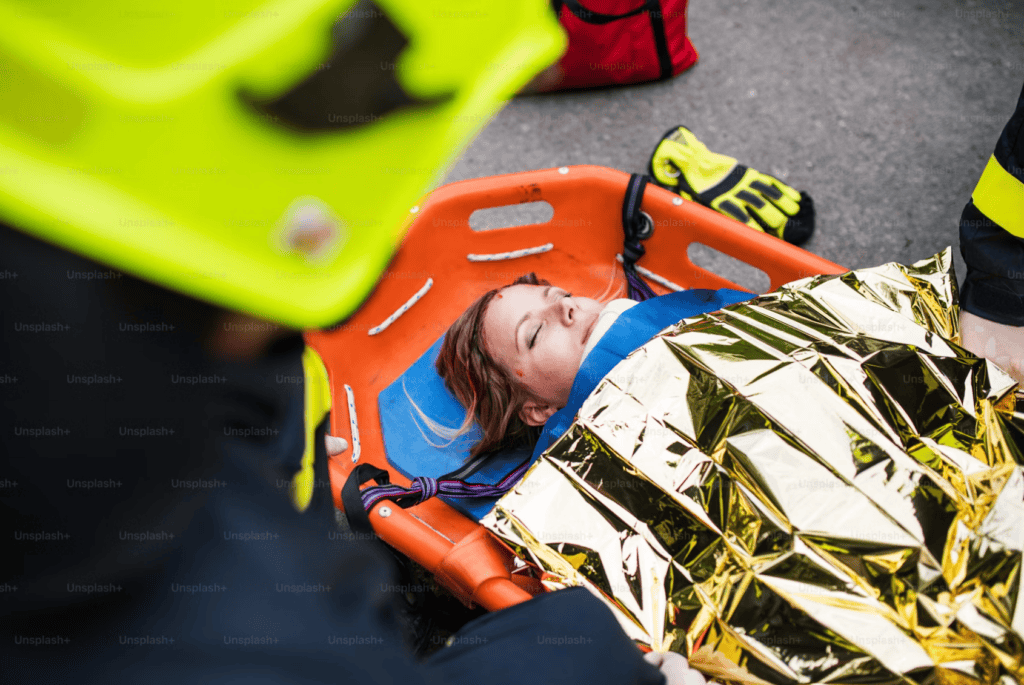The Day the Earth Shook
It was 4:23 a.m. when the earth trembled violently beneath a remote mountain village in Yunnan Province. Houses crumbled. Power lines snapped. Panic spread faster than the aftershocks.
Zhou Ming, a 47-year-old farmer, woke up to the sound of crashing concrete and the scream of his wife. Within seconds, their two-story mud-brick home collapsed. Zhou was buried under a ceiling beam, his left leg crushed beneath a concrete slab. He couldn’t move, but he was alive.

What followed in the next 48 hours was a race against time—one that highlighted the vital role of rescue stretchers, coordination, and fast decision-making.
Enter the Rescue Teams
By 8 a.m., emergency responders had begun arriving, navigating collapsed roads and fallen trees with portable gear on their backs. The teams from Kunming Fire Department and local Red Cross branches brought with them one essential piece of equipment: the foldable rescue stretcher.
Unlike rigid transport equipment, the foldable stretcher they carried could be deployed on steep slopes, between rubble gaps, and even used as a temporary backboard for spinal precautions.
Jiekang’s rescue stretchers were among the equipment delivered the day before as part of the provincial emergency stockpile.

Reaching Zhou
At noon, a thermal drone picked up Zhou’s faint heat signature beneath the debris of his home. Rescuers spent two hours carefully clearing just enough space to slide in a vacuum mat and secure Zhou’s spine.
His injuries were severe: compound fracture of the femur, suspected pelvic trauma, and partial dehydration. Moving him without support could have caused permanent spinal damage.
They slid in a stretcher with adjustable harness points beneath him, carefully lifting him in sync with an overhead pulley. The team then navigated a steep, muddy incline with Zhou strapped in, his leg immobilized and IV fluids running from a pole attached to the stretcher frame.

The Critical Evacuation Phase
Getting Zhou to the ambulance wasn’t easy. The narrow paths were blocked by rubble and flood runoff. Here, a lightweight scoop stretcher came into play.
A second team positioned the stretcher across makeshift bridges, using telescopic poles and anchoring hooks to create a guided slide down a 30° slope. This setup minimized tilting, keeping Zhou’s body stable throughout the descent.
Inside the ambulance, the stretcher was seamlessly transferred to an ambulance-compatible frame, avoiding any need to reposition him—a crucial detail when time and spinal safety were in conflict.
Why the Right Equipment Matters
Zhou’s story is just one of many. In large-scale disasters, equipment selection can save minutes—and lives. Foldable and rigid-frame stretchers each serve their purpose depending on terrain, injuries, and transport logistics.
Jiekang’s rescue tools are designed with exactly these unpredictable challenges in mind. Whether it’s flood rescue gear or first aid essentials for frontline volunteers, smart design bridges the gap between chaos and care.

Lessons from the Earthquake
Emergency responders later reported that Zhou’s survival owed as much to quick triage and calm teamwork as it did to having the right tools at the right time.
Here are some of their key takeaways:
- Always pre-deploy rescue kits with stretchers, splints, and thermal blankets to earthquake-prone areas
- Train rural volunteers on how to use a scoop stretcher for spinal injuries
- Use high-visibility color-coded stretchers in low-light or dusty conditions
- Equip ambulances with slide-compatible stretcher locks for seamless handoff
Want to know how to prepare your team with the same tools?
From earthquakes to industrial collapses, disasters test how prepared you really are. At Jiekang, we support organizations around the world with certified, rugged, and field-tested rescue solutions.
Start building your team’s emergency gear today. Whether you need compact scoop stretchers, helicopter-ready models, or trauma kits—we’ll help you customize what fits your environment.



